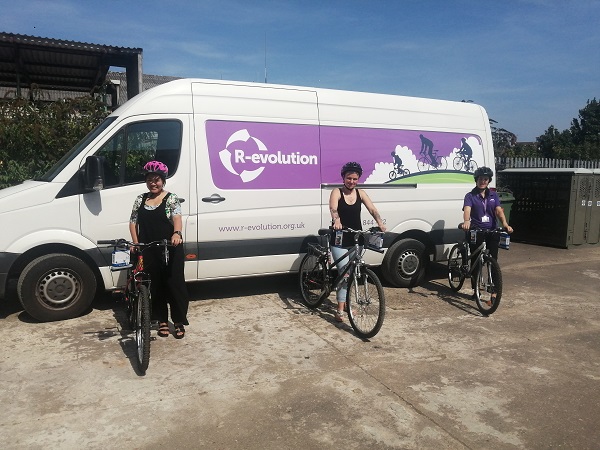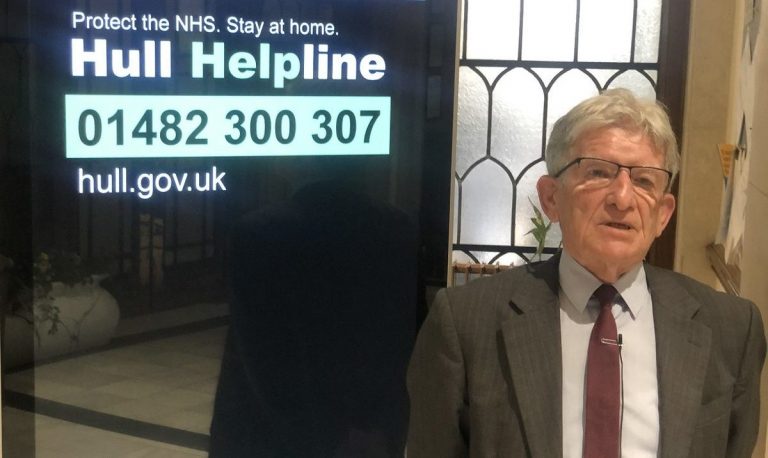How COVID-19 is impacting on our hospitals Hospital bosses has managed to see almost half of its patients awaiting outpatient appointments despite the impact of COVID-19 on the NHS. Hull University Teaching Hospitals NHS Trust had to cancel services including non-urgent appointments and routine operations in line with hospitals around the country in response to COVID-19.
At a meeting of the trust board today, board members heard around 50 per cent of outpatient appointments have still gone ahead, with almost two-thirds of follow-up appointments taking place.
All urgent cancer treatment has still gone ahead. However, there are now 85 patients waiting more than 52 weeks for treatment, with 83 of those reported in March alone when the cancellations were introduced.
Chief Operating Officer Teresa Cope told the board: “The impact of COVID-19 has been significant. “On March 11, the trust moved into Incident Command status to respond to the Covid-19 Pandemic.
This required the trust, in accordance with national guidance, to take a number of actions to prepare for receiving high volumes of patients with suspected and confirmed coronavirus. “This included ceasing all routine out-patient, diagnostic and elective activity. In addition, other restrictions were placed on other activity and diagnostics tests which are Aerosol Generating Procedures (AGPs).” Only 80 per cent of patients could be scanned or scoped within the target of six weeks during March and national guidance, which required endoscopy and CT colonoscopy work to cease for all patients except emergencies, will continue to mean increased numbers of patients waiting for diagnostics tests.
Fewer people have been referred to hospital for urgent tests and appointments by their GPs since the ‘lock down’ measures were introduced by the Government on March 23. However, there were positives.
In February, the two-week target for people undergoing tests for cancer was achieved and 92 per cent of women referred for breast cancer investigations were seen within a fortnight against a 93 per cent target. ED performance was 89 per cent last month, just short of the target of seeing 95 per cent of patients within four hours, mainly due to the decrease in the number of people coming to the department.
No patient had to wait on a trolley for 12 hours or longer for the whole of 2019/20.
Mrs Cope praised the “exceptional work” undertaken by staff in health groups who are introducing innovative measures such as video and telephone clinics to ensure patients can still be seen as safely as possible.




